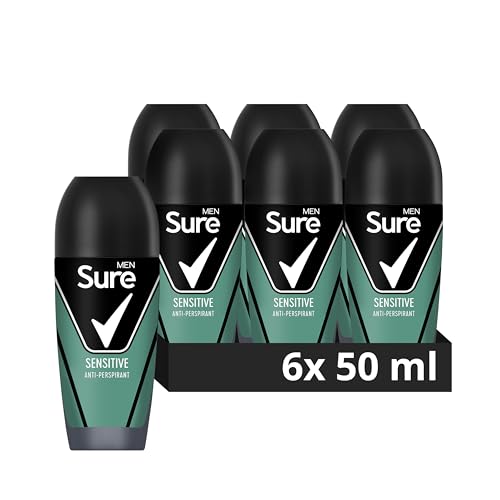The Science of Deodorants
Deodorants are personal care products designed to mask and neutralize unpleasant odor caused by sweating. They work by inhibiting the growth of odor-causing bacteria or by blocking sweat gland activity. However, not all deodorants are created equal, and their effectiveness depends on the formulation and the active ingredients contained in them.
Aluminum-based compounds
One of the most common active ingredients found in deodorants are aluminum-based compounds, such as aluminum chloride, aluminum chlorohydrate, and aluminum zirconium trichlorohydrex glycine. These compounds work by plugging the sweat gland to reduce the amount of sweat that comes out. Although effective, they have been associated with skin irritation and potentially harmful health effects, such as breast cancer and Alzheimer’s disease.
Natural alternatives
For those looking for a more natural alternative, certain plant-based ingredients can be effective at reducing odor. Tea tree oil, witch hazel, and sage are known for their natural astringent and antimicrobial properties that can help control the growth of bacteria. Baking soda and cornstarch can also be effective at absorbing moisture and odor, which is why many natural deodorants use them as alternative ingredients.
Antibacterial agents
Some deodorants contain antibacterial agents, such as triclosan and triclocarban, which can also help control the growth of odor-causing bacteria. However, they may also have negative health and environmental effects, and many brands are phasing them out of their formulations.
Perspiration blockers
Lastly, certain deodorants contain antiperspirant ingredients, such as zirconium complexes and aluminum-based compounds, that block the sweat gland and reduce the amount of sweat produced. While effective at reducing sweat, they have been associated with skin irritation and potential health risks.






